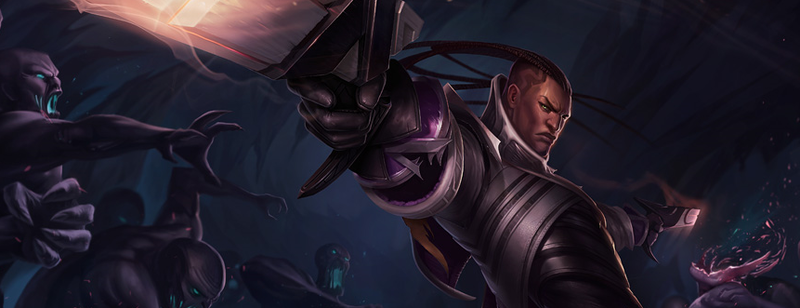Pineapple said:
I thought the ending was great. While playing the game, I was wondering how on earth they were going to write a satisfying ending to the game. It didn't really seem possible to me. During the game, I was also a bit upset by the Illusive Man being turned into a pure villain, as he'd been a very interesting character in ME2. In many ways, most of ME3 was far more akin to a stupid American action movie than the previous Mass Effects were, so I was worried about an ending of that kind. With little to no explanation of why or how anything happened.
Instead, the ending was nice and reflecting. I expected the ending of the game to be purely based on what you'd done. If you'd built a giant army and had good friends, one thing would happen, while if you had no allies and friends, something else would. Rather than that, the actual ending sort of asked you to consider how much faith you had in the peoples you had helped during the game. Not only that, but the choice also reflects back on how you view the real world and where humanity is headed. I certainly ended up thinking about stuff like that.
And honestly, I think that's when sci-fi shines best. Not when it creates a set of rules, and then follows them to the point, but when it bends its own rules to tell the best possible story and ask the best possible questions.
All in all, I'm extremely satisfied with the ending. I find it to be the by far best ending of the Mass Effect games, and probably in the top 10 of all games I've ever played. The "plot holes" mentioned earlier really don't bother me at all. How Anderson entered the beam before Shepard, for instance, or why he ended up in a different place than Shepard, as it's not really relevant to the point the game is making at all.
|
I think your romanticising a fuck up and giving credit where it isn't due.
Much like people give credit to "great" artists who exhibit questionable modern art in galleries these days then give some kind of deep context to that art.
Yes there is art like that, where it has been thought out and on the surface to many it appears shallow, silly and intellectually insulting. Some of that art, really is art. Some of it, definately isn't and people will still relate to it, art is subjective to a degree of course. But not entierly and context should always be available, or at least a linking concept or idea of where that came from and it's intention. Mass Effect 3's ending does not have that, yet it does have similarities with modern art in so far as it is abstract so I think the comparison is more than valid, regardless of if ME3 is art or not, I'd say not.
I would implore you to look at the context and aim of the Mass Effect series. It was implied that it was going to offer exactly the opposite of what it did, and also the opposite of what you liked. For what it's worth, generally speaking I agree with you, but this wasn't a film, this wasn't a piece of art. It was a series that was designed to give the player the choice, and logical conclusion to choices they made. Some choices would require thinking a little to get the desired outcome, some wouldn't. But this was not a sci-fi film and cannot be compared to one.
I don't know if you're familiar with the game Star Ocean 3 Till the end of time? I'm sure you are you've been here a while, that game offered a similar unsatisfying ending, because the plot took a direction that was neither believeable, but most importantly, not fitting with the series. People invest a lot of time and emotional empathy with games like this, only to be rewarded with something alien and utterly dislikeable. I mean alien in terms of it fitting with the series in any form.
Sorry for the contradictions on art etc, art as in an idea, or a self contained eco system that fits together well...would that always be art, no, sometimes yes.
Let's be honest the endings for Mass Effect 3 could be bolted on to any sci-fi film, 25 years ago people would have thought it was clever. We're not in the era where things like "time travel" and "space time continuum" make an ending good. Abstract can be good, but just because something is abstract doesn't entitle it to be deemed good and have every possible positive interpretation drawn out of it.





















































